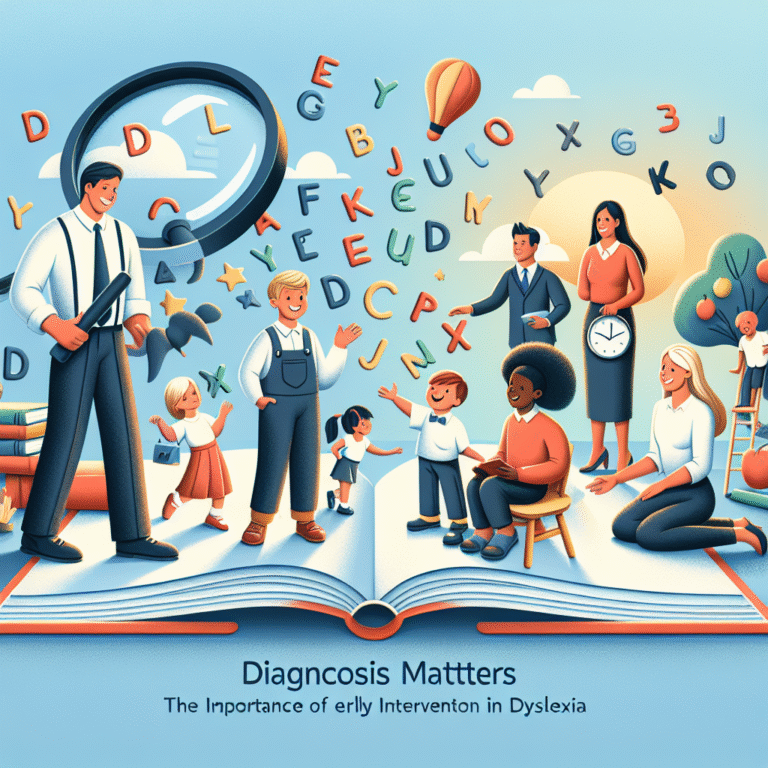
Introduction
In a world increasingly defined by its complexities and challenges, the role of caregivers has never been more crucial. They are the unsung heroes, tirelessly providing support and love to those in need. However, as rewarding as this role can be, it also comes with a significant emotional toll. When compassion fatigue sets in, caregivers often find themselves at a crossroads, grappling with feelings of burnout and emotional exhaustion. The journey to navigate this landscape is not just about survival; it’s about thriving despite the challenges. In this comprehensive guide, we’ll explore effective strategies and insights to help caregivers recognize the signs of compassion fatigue and find ways to rejuvenate their spirit.
Understanding Compassion Fatigue
Compassion fatigue can be defined as the emotional strain that results from exposure to the suffering of others. This phenomenon can manifest in various ways, including emotional exhaustion, cynicism, and a reduced sense of personal accomplishment. For caregivers, the impact of compassion fatigue can be profound, leading to burnout.
Signs and Symptoms of Compassion Fatigue
Recognizing when compassion fatigue sets in is the first step toward recovery. Common signs include:
- Emotional Exhaustion: A sense of drained emotions or feeling overwhelmed.
- Cynicism and Irritability: A generally negative outlook towards your work and patients.
- Physical Symptoms: Headaches, insomnia, or gastrointestinal issues.
- Reduced Empathy: Difficulty connecting with those you care for or feeling detached emotionally.
Case Study: Maria’s Journey
Maria, a dedicated nurse in a busy trauma unit, loved her job—until everything changed. After months of prolonged stress, Maria found herself feeling indifferent toward her patients. The emotional strain had set in, leading to compassion fatigue. Maria’s experience reflects a common narrative among caregivers, revealing how compassion fatigue can creep in unnoticed.
The Psychology Behind Compassion Fatigue
Understanding the psychological foundations of compassion fatigue can empower caregivers to address their mental health proactively.
The Mental Load of Caregiving
Caregivers often carry the burden of responsibility not just for their patients but also for their families. This weight can lead to chronic stress, which is a significant contributor to compassion fatigue.
Table 1: Stressors Contributing to Compassion Fatigue
| Stressor | Description |
|---|---|
| Emotional Investment | Deeply caring for those you support |
| High-Stakes Situations | Dealing with life-and-death matters |
| Lack of Support | Feeling isolated in your caregiving role |
| Chronic Uncertainty | Unpredictability of patients’ conditions |
The Physiology of Burnout
Long-term stress and emotional exhaustion can lead to physical manifestations such as fatigue, headaches, and even weakened immune response.
Strategies for Preventing and Recovering from Compassion Fatigue
Navigating emotional burnout involves both preventative measures and recovery strategies. Here are several methods to help caregivers manage their emotional health effectively.
Self-Care: The Cornerstone of Resilience
Self-care is not a luxury; it’s a necessity. Caregivers must prioritize their well-being to care effectively for others.
Practical Self-Care Tips:
- Set Boundaries: Learn to say no to additional responsibilities when feeling overwhelmed.
- Mindfulness Practices: Engage in meditation, yoga, or deep-breathing exercises.
- Physical Activity: Regular exercise can help reduce stress hormones and improve mood.
- Social Support: Connect with friends, family, or support groups.
Case Study: John’s Transformation
John, a social worker, initially struggled with feelings of hopelessness and exhaustion. By incorporating daily exercise and attending a weekly support group, he began to recover. This transformation highlights the power of self-care in reversing the effects of compassion fatigue.
Professional Support: The Role of Therapy
Engaging with a mental health professional can provide caregivers with coping strategies tailored to their unique experiences.
Organizational Support: Creating Compassionate Work Environments
Organizations play a critical role in preventing compassion fatigue among caregivers. Employers can implement strategies that foster a supportive work environment.
Training and Development
Offering training sessions on managing stress and self-care can empower caregivers, equipping them with the tools to handle the emotional demands of their roles.
Flexibility in Work Schedules
Flexible hours can alleviate stress, allowing caregivers to attend to their mental health without sacrificing their responsibilities.
Chart 1: Organizational Strategies for Supporting Caregivers
| Strategy | Benefits |
|---|---|
| Health Workshops | Educating staff about burnout and fatigue |
| Flexible Schedules | Reducing stress through work-life balance |
| Peer Support Programs | Building interpersonal connections |
Inspirational Stories: Overcoming Compassion Fatigue
The Story of Laura
Laura, a hospice caregiver, felt the effects of compassion fatigue acutely. After attending a workshop focused on mindfulness and community support, Laura found renewed purpose in her work. By focusing on self-care and connecting with peers, she learned to manage her emotions better, showcasing resilience in the face of burnout.
The Power of Resilience
Laura’s experience exemplifies how awareness and proactive measures can turn the tide when compassion fatigue sets in.
Conclusion: Inspiring a New Path Forward
When compassion fatigue sets in, it can feel all-consuming, but it isn’t insurmountable. By recognizing the signs and implementing effective strategies, caregivers can revitalize their emotional health. Remember, taking care of yourself is a prerequisite for caring for others.
Actionable Insights
- Prioritize Self-Care: Make it a daily routine.
- Seek Support: Both professionally and personally.
- Set Realistic Goals: Understand that it’s okay to take a step back.
Caregiving is a journey, and while it may come with challenges, it also offers extraordinary rewards. With the right support and strategies, caregivers can find fulfillment and joy in their noble work.
FAQs
1. What are the first signs of compassion fatigue?
Common early signs include emotional exhaustion, irritability, and difficulty concentrating. It’s crucial to address these feelings promptly to prevent more severe burnout.
2. Are there specific professions more prone to compassion fatigue?
Yes, professions such as nursing, social work, and emergency service roles often experience higher rates of compassion fatigue due to the emotional strain of their responsibilities.
3. How can I talk to my supervisor about feeling burned out?
Approach the conversation with honesty and clarity. Explain your feelings and suggest possible solutions, such as adjustments to your workload or additional support.
4. Is it normal to feel guilty about prioritizing self-care?
Yes, many caregivers feel guilty about taking time for themselves. However, it’s essential to recognize that self-care is integral to providing the best care to others.
5. What resources are available for caregivers experiencing compassion fatigue?
Resources include support groups, professional therapy, online forums, and educational materials on stress management and self-care techniques.
In navigating emotional burnout, let’s remember that compassion—both for ourselves and for others—is the key to a sustainable caregiving journey. We can build resilience and continue to make a positive impact when compassion fatigue sets in.












